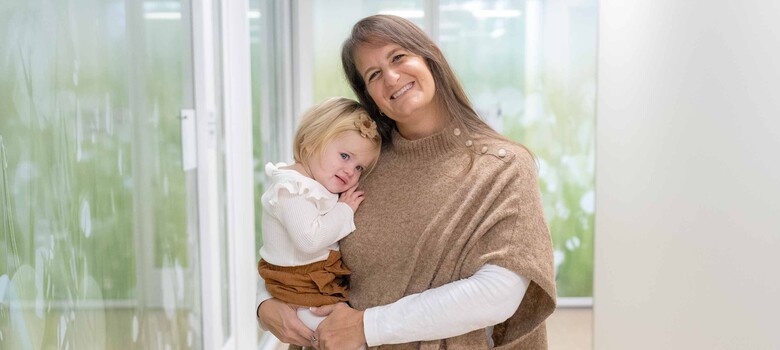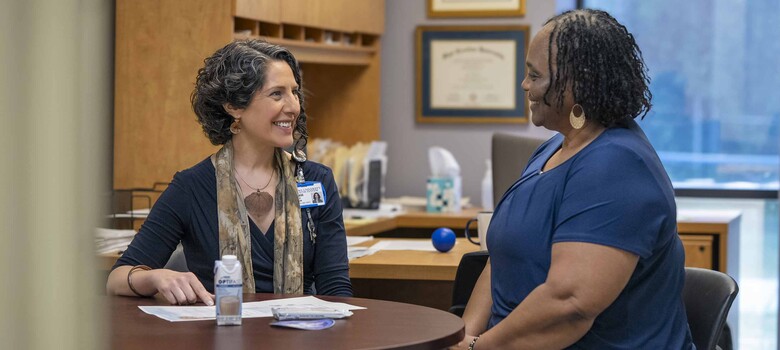 From the DukeHealth.org archives. Content may be out of date.
From the DukeHealth.org archives. Content may be out of date.
Concussions: What to Do After

Although most people recover fully within 10 days after a concussion, how quickly you improve depends very much on how well you take care of yourself after the injury.
Duke neurologist Joel Morgenlander, MD, offers these helpful tips to follow after a concussion -- whether you’re a child or an adult:
- Get plenty of sleep at night, and rest during the day. Keep a regular schedule -- no late nights, no sleepovers for kids.
- Initially, avoid activities that are physically demanding, require a lot of concentration, or are mentally or emotionally stressful.
- Avoid multitasking -- whether that’s watching TV while fixing dinner or fielding multiple messages on your smart phone.
- Your reaction times may be slower, so ask your doctor when you can safely drive a car, ride a bike, or operate major equipment.
- Consider returning to work or school gradually -- start with half-days if possible.
- Treat pain with acetaminophen only, unless other pain relievers are approved by your medical provider.
- Adults: no alcohol.
- Kids: no video games.
After Your Concussion
It’s a good idea to let employers, teachers, coaches, and family members know what’s happened, so they can help you deal with any challenges that arise, whether it’s patience with mild forgetfulness or accommodating the need for frequent rest breaks.
Mental and physical rest is very important. In today’s multitasking world, true rest can be a true challenge, but it’s essential to the brain’s recovery.
All in the Game
You don’t have to lose consciousness to have a concussion. If a concussion is sports-related, the injured player should always be evaluated by a health professional.
After a concussion, you should stay off the field -- don’t even practice -- until you are cleared to return to play.



